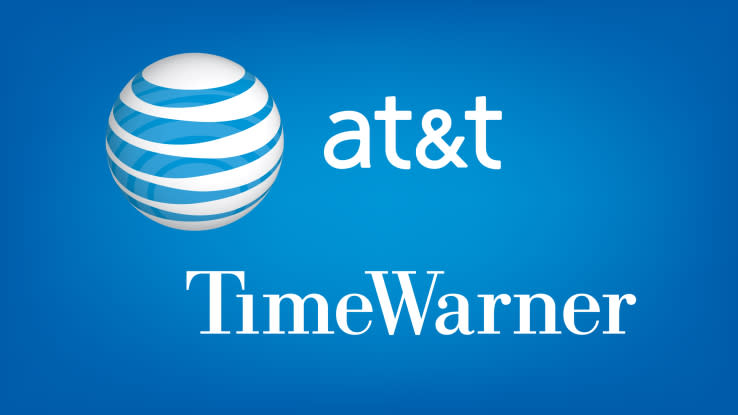Judge Urges Parties in AT&T-Time Warner Case to Limit ‘Chatter in the Press’

WASHINGTON — A federal judge asked the Justice Department, AT&T, and Time Warner to limit what they say in the media about the case.
U.S. District Judge Richard Leon told the parties at a hearing on Thursday, “I want to keep the chatter in the press to an absolute minimum.”
“Let’s encourage those in the hardworking communications departments to chill out,” he said.
Leon said he was not issuing a gag order, but wanted to acknowledge the press and national interest in the case.
Leon set March 19 for the start of the trial in the Justice Department’s effort to block the $85 billion merger between AT&T and Time Warner. In a scheduling order released on Thursday, Leon outlined an aggressive schedule of deadlines for discovery and depositions in the months leading up to that date. The trial is expected to last 15 days.
The Justice Department sued AT&T and Time Warner in November, arguing that their planned merger was anticompetitive and would give the combined company the incentive to withhold content, like Turner cable channels, from rivals. AT&T argues that the transaction is the kind of vertical merger with a long history of being greenlit by the Antitrust Division.
Leon also said he was going to deny a motion brought by 21st Century Fox and the Walt Disney Co. to place restrictions on information they provide in the case. Fox had argued that it should be allowed to redact sensitive information prior to it being provided to parties in the case.
Fox said it had provided such information to the Justice Department as it investigated the AT&T-Time Warner merger, but it worried that if it was given to AT&T’s outside counsel, it could be “inadvertently disclosed or misused.” Disney also made some of the same arguments.
Leon gave no reason for his denial. He already issued a protective order that limits who has access to competitive and other sensitive information.
He also denied a motion by Carter Page, the former Trump campaign adviser, who wanted to file a friend-of-the-court brief in the case. He said he had an interest in the case because of the media attention focused on him as part of the Russia probe, and that he had first-hand experience with the “telecommunications-media oligopoly.”
Craig Conrath, lead attorney representing the Justice Department, said in a court filing that Page’s “submission does not appear to be meaningfully relevant to the issues in this case.”
Related stories
AT&T, Comcast Say They Will Give Workers $1,000 Bonuses in Wake of Tax Bill Passage
Judge Sets Trial Date for DOJ Challenge of AT&T-Time Warner Merger
Time Warner's Turner Joins Nielsen SVOD Ratings Service
Subscribe to Variety Newsletters and Email Alerts!

